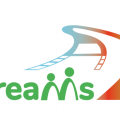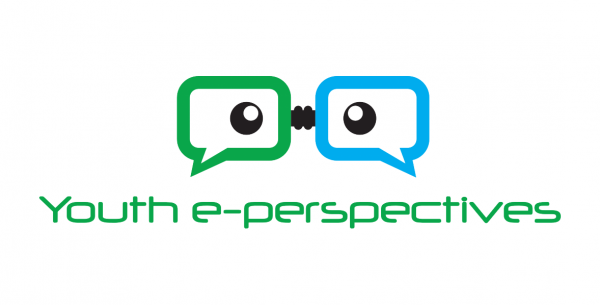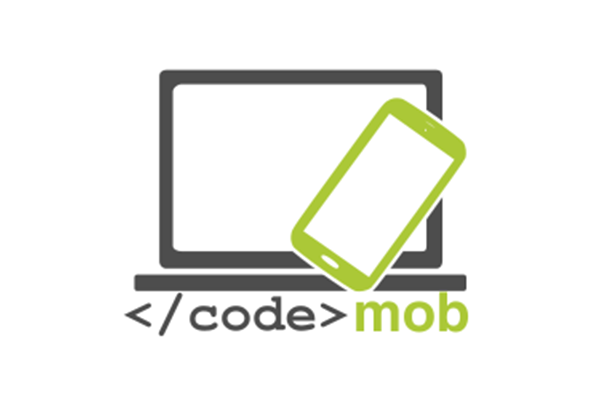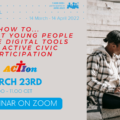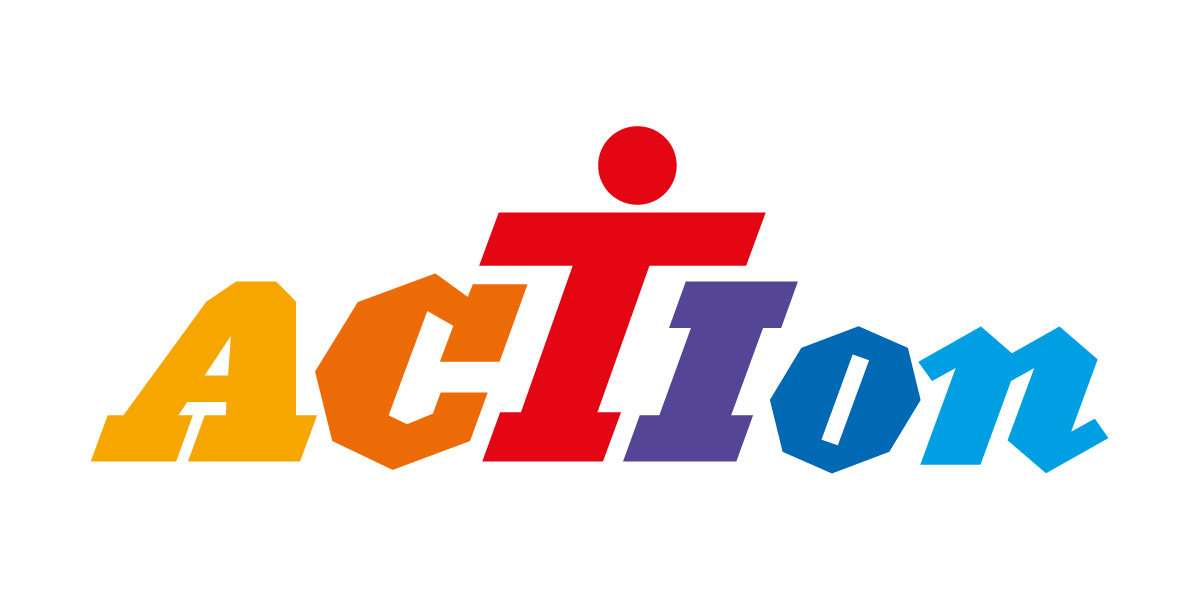
15 Jan ACTIon – Promoting active citizenship through civic education and active online participation of youth role models
15 Jan, 2021
The purpose of the ACTIon project is to promote active citizenship through civic education and active online participation of youth role models from socially disadvantaged groups in both formal and non-formal/community-based education settings.
To this end, ACTIon adapted good practices that utilise offline and online training models and tools – the Popular Opinion Leader (POL) and online participation and education tools (OPIN platform and F.I.R.E. – From Idea to Reality and Execution). Based on these good practices, two training programmes were developed:
-
-
-
- MOLA – Model for Opinion Leaders’ Online Activation
- DigiPAC – Digital Participation and Active Citizenship
-
-
Both programmes have their distinct features. MOLA was designed to be implemented over a period of 5 months, while DigPAC is a three-module programme that can be carried out over a span of 3 days – 1 day for each module. The timeframe for both programmes can be adapted to the demands of each learning environment.
The project is currently in its piloting these in formal and non-formal, community-based education settings in four partner countries – Bulgaria, Germany, Greece and North Macedonia.
The project’s main target groups are adolescents and young people (aged 14-25), youth activists, volunteers and informal peer leaders in non-formal education and community settings like youth organisations and community education centres.
ACTIon brings together six partners from five countries (Belgium, Bulgaria, Germany, Greece, North Macedonia) with vast ranges of complementary expertise in education, (digital) participation, and network cooperation.

OBJECTIVES
- To enhance the acquisition of social and civic competences, fostering knowledge, understanding, and ownership of values and fundamental rights.
- To foster digital skills and competences of digitally excluded groups (migrants and young people from disadvantaged backgrounds)
- To enhance critical thinking and media literacy among learners, parents, and educational staff.
The benchmark of the approach is highly innovative: participatory engagement of adolescents and young people from socially underprivileged regions, ethnic minority/Roma youth and young migrants/refugees that experience the greatest barriers in terms of social inclusion in the fields of health and general education, the labour market and public life.
The project’s immediate beneficiaries will be roughly 100-120 young leaders trained as role models during the piloting phase, 50-60 of which according the Popular Opinion Leader (POL) model. The trained POLs will have the capacity to reach a further 300 to 500 community peers from their immediate social environment and networks. Around 120 youth activists are expected to become engaged with education e-participation projects through the online tool and digital application (app).
The expected impact is that active and deliberate digital youth participation will help strengthen the resources of young disadvantaged learners, newly-coming migrants and Roma/ethnic minority communities, empowering them to engage in pro-active social (online) participation through self-organised piloting projects with the digital tool. Ultimately, the results of this project will inform practice-driven policy recommendations, targeted at a European level to support policy advocacy for social inclusion through (digital) citizenship education.
OUTPUTS
-
- Desk research and analysis of the theoretical framework and existing educational offers and approaches.
- Modular curriculum with two training programmes covering civic education, digital skills, media and health literacy
- Piloting, assessment and re-adjustment of the good practice models in Bulgaria, Germany, Greece, and North Macedonia with case studies from effective piloting (Expected publication date: July-August 2023)
- Evaluation Report: Executive summary with policy factsheet outlining the innovative value and impact potential of ACTIon models (Expected publication date: October-November 2023).
PARTNERS
- Nexus Institute for Cooperation Management and Interdisciplinary Research e.V, (nexus), Germany – Coordinator
- Health and Social Development Foundation (HESED), Bulgaria
- Open Space Foundation (OSF), Bulgaria
- ALL DIGITAL, Belgium
- Action Synergy S.A., Greece
- Coalition of Youth Organizations (SEGA), North Macedonia



